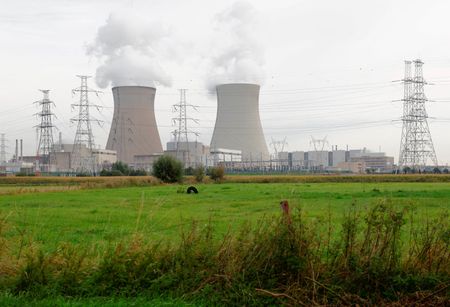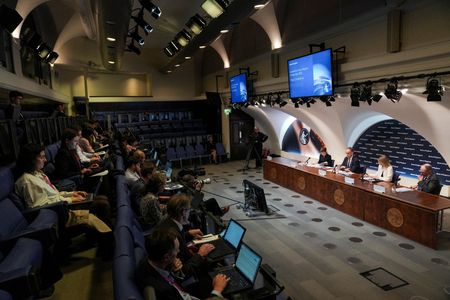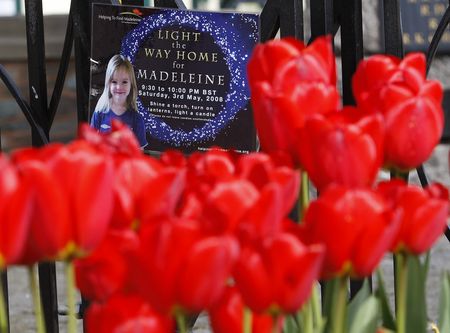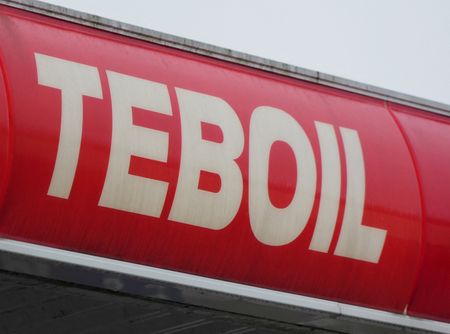BRUSSELS (Reuters) – Belgium’s new government is looking to double its nuclear power capacity from 4 gigawatts to 8 GW by building new reactors, Energy Minister Mathieu Bihet was quoted as saying by financial daily Tijd on Tuesday.
WHY IT’S IMPORTANT
The new coalition government agreement states that the coalition targets 4 GW of nuclear energy in the Belgian energy mix. This could be achieved by keeping existing reactors open longer or by building new nuclear power plants. Building 4 GW of new nuclear capacity would be a major shift in policy, requiring investment of billions of euros in projects that could take decades.
KEY QUOTE
“It’s 4 gigawatts plus 4 gigawatts,” Bihet said, adding that the government wants to both extend the life of existing reactors and build new ones. He did not specify locations and timing for the new reactors.
Bihet said building new Small Modular Reactors alone could not provide sufficient capacity. “Which technology we will use, we still have to evaluate. But it is clear that it will not only be SMRs. Only small reactors will not suffice,” he said.
CONTEXT
In December 2023, Belgium and French power group Engie reached a deal to extend the life of two nuclear reactors, Doel 4 and Tihange 3, which make up 35% of the country’s nuclear energy capacity.
However, this agreement triggered an EU competition investigation over potential breaches of the bloc’s rules.
THE NUMBERS
Currently, Belgium operates five nuclear reactors, three in Doel and two in Tihange, contributing a combined capacity of about 4 GW.
WHAT’S NEXT?
Engie has said it has no appetite for building new reactors, but Bihet said he will talk to the French company. He also hinted that he might also talk to French state-owned nuclear power plant operator EDF, which has a minority stake in the Tihange reactors.
(Reporting by Geert De Clercq; Editing by Ros Russell)










